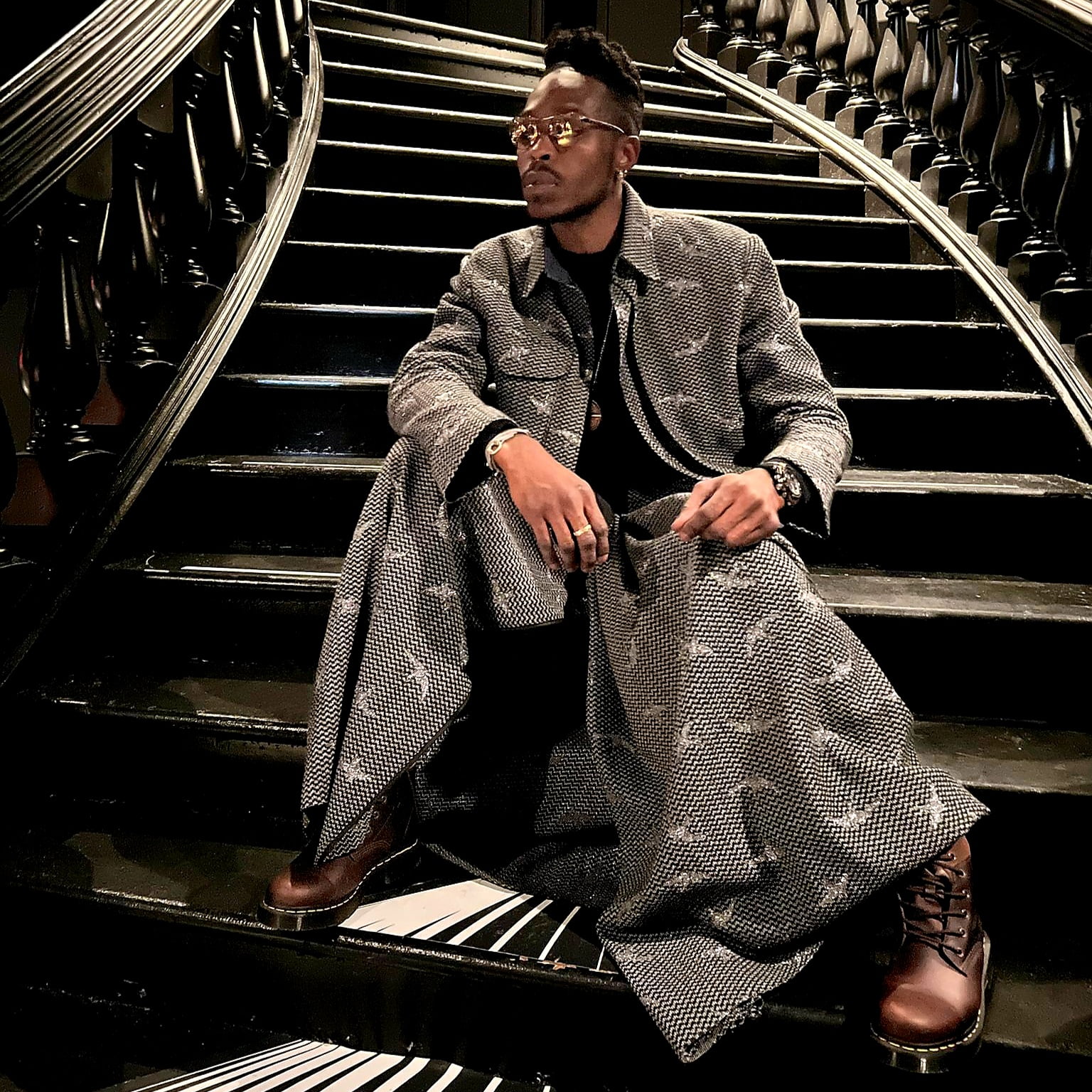You may have taken a photo or two with dog ears, but Snapchat’s puppy filter is what made you look good. New York Magazine even did an article about it.
In 2015 Snapchat released its new puppy filter, and it quickly became one of the most popular additions to social media platforms.
In 2019, Russian-developed FaceApp was at the center of public controversy after the FBI reported it. The FBI investigators raised concerns about the app’s potential counterintelligence threats. In addition, according to the report, the app developer’s access to the user data was concerning.
The most remarkable feature FaceApp users love is to see how you will look at the age of 50 or 80 from now. Additionally, users can also change their gender with just one click – without intensive surgery.
The app, Voilà was the go-to choice for fun photos this year as people seek to turn themselves into Disney and Pixar characters. The download has increased 2.3 million times in America alone. But are the app users safe from threats of today’s digital age? Experts don’t think so.
Measure the safety of photo-editing apps
The latest advancements in AR have enabled a whole slew of photo manipulation applications like FaceTune or FlawlessMe. So we need to consider these factors when deciding whether or not to use them on our selfies.
Do I want my every detail visible? For example, apps with access to photos of individuals’ faces usually have biometric information such as facial features, speech data, and sometimes retina patterns. Thus, bad actors can use this information for identification purposes.
In addition, these apps mostly ask for approval to access contacts, location, and social media accounts. All these permissions are unnecessary when all they do is provide a way of sharing cute photos.
New research has found Voilà requires an internet connection to operate as expected. Unfortunately, this means we are giving up some privacy when using this adorable photo-sharing application without realizing it.
Should we continue using photo apps?
FaceApp was in hot water after the FBI found the app stores new photos created on the platform. They were quick to deny any nefarious activity saying that they may store updated pictures for performance and traffic reasons. More to explanation, most images last 48 hours on their servers before deletion.
With such unclear statements, it is difficult to pinpoint where a client’s photo could really end up or even have evidence that their photos are being disposed of properly.
Lately, the company has been under fire with other controversies, including switching from the original filters, which were meant more for lightening skin tone, changing eye color, or gender than altering age due to likely demand by users who want younger selfies.
Protect guide using photo apps
Do not give up on using free photo editing apps due to security risks. Instead, follow these simple protection tips to secure your identity.
1- Research more
Before downloading an app, check the authority and permissibility of the app. Numerous scams apps exist in Google’s play store and Apple’s app store today. Find out about the internet and computer security in-depth on this resource we found.
2- Permissions restriction
Before you accept the app’s permission to grant access to all of your data, analyze if it is essential and makes sense to authorize them. For example, if a photo editing app wants to access your camera contacts, give them only camera permission, not contacts.
3- Accounts deletion after use
Everyone loves adding filters to photos or animating still photographs using photo apps. However, there is no harm in using photo apps with precautions. The best strategy is to delete your account once you have fulfilled your curiosity about using an app.






